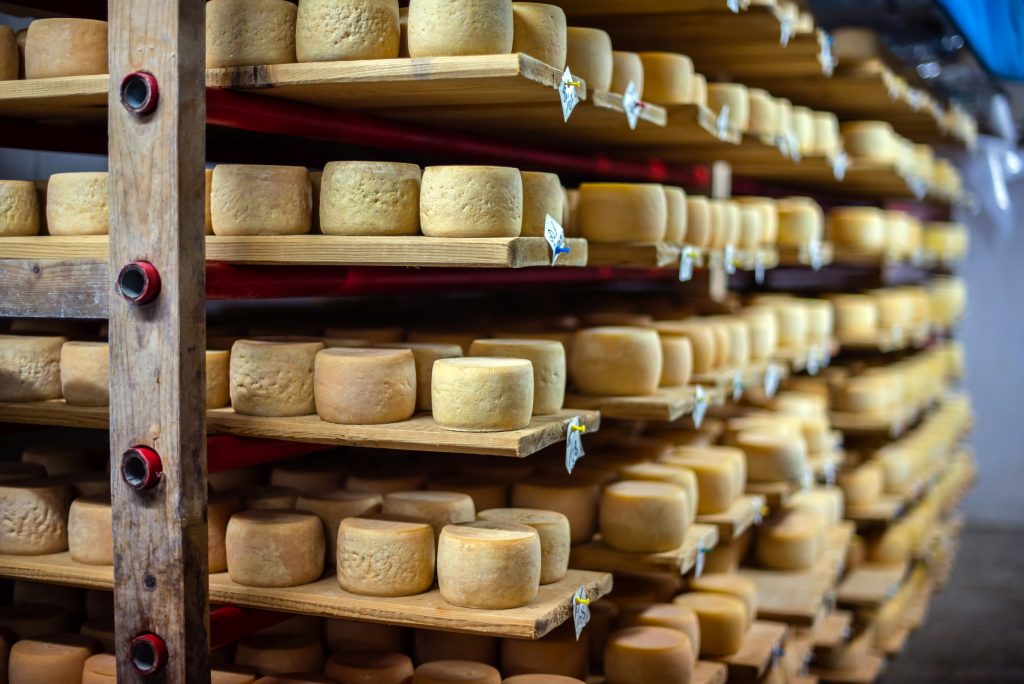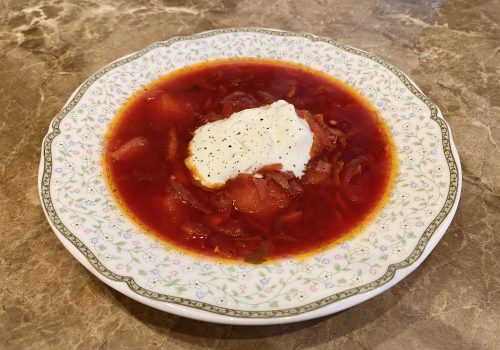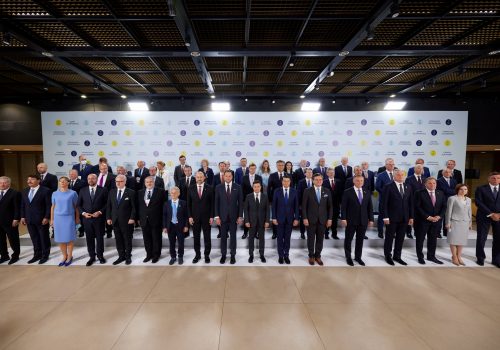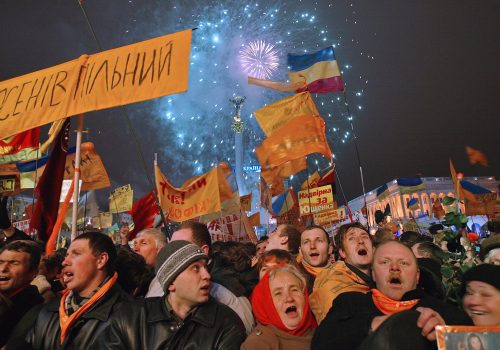For centuries, Ukrainian villages have been associated with traditional images of rural tranquility, agrarian abundance, and ancient folklore. One particularly enterprising village in Ukraine’s Zakarpattia Oblast (Transcarpathian Region) has managed to combine these eternal themes with a passion for entrepreneurial innovation that is bringing a taste of Western Europe to the Ukrainian countryside.
The village of Nyzhnie Selyshche in Zakarpattia Oblast’s Maramorosh region lies close to the Ukrainian border with Romania, and brings together aspects of Ukrainian, Romanian, and Hungarian culture. Decades ago, it faced many of the same problems confronting thousands of villages across Ukraine, such as limited employment prospects, poor infrastructure, and slow but steady depopulation.
Things began to change for Nyzhnie Selyshche in the mid-1990s, when Paris native Orest del Sol visited the village during a fact-finding agricultural tour of the region and decided to move to western Ukraine. In 1994, del Sol helped local farmer Petro Pryhara establish a cheese dairy in Nyzhnie Selyshche. Cheese was produced using the latest European technologies and long-established Swiss cheese-making traditions, with production based exclusively on milk provided by small local farms from the Zakarpattia Region.
Stay updated
As the world watches the Russian invasion of Ukraine unfold, UkraineAlert delivers the best Atlantic Council expert insight and analysis on Ukraine twice a week directly to your inbox.
In order to master the many intricacies of the cheese-making profession, Pryhara and his daughter Inna first traveled to Switzerland to complete an internship. They then returned to western Ukraine to apply their skills in Nyzhnie Selyshche.
According to del Sol, the results of their endeavors have been wholly satisfactory. The Frenchman rates the cheese currently being produced by the Nyzhnie Selyshche dairy as significantly better quality than most of the cheeses found today in Switzerland or France.
He attributes this remarkably high standard to the richness and fertility of the meadows in and around Nyzhnie Selyshche, meaning that local farmers do not need to provide their herds of cows with any additional nutrients, as most European farmers do. This leads to an organic Ukrainian cheese that can comfortably compete against Western Europe’s most celebrated brands.
At present, the village’s cheese dairy produces four different kinds of cheese. As well as sampling these local delicacies, visitors to Nyzhnie Selyshche are also able to take guided tours of the dairy. This accessibility is partly in order to promote the cheeses and boost the fledgling local tourism industry. It is also designed to encourage an entrepreneurial mindset in the village and surrounding region.
Eurasia Center events

The development of a modern European cheese-making industry is not the only innovation helping to raise Nyzhnie Selyshche’s profile and transform the fortunes of the village. A tunnel has recently been dug which links the cellar of the cheese dairy to a restaurant serving a range of dishes cooked using nothing but locally-sourced ingredients. The menu of the restaurant seeks to reinvent many of the most celebrated culinary traditions of Zakarpattia Oblast, while at the same time introducing some modern fusion elements from Western Europe.
Although de Sol modestly insists that cheese dairy maestro and farmer Petro Pryhara is the real host of the restaurant, it is the Frenchman who monitors the quality of the food being served. This reflects his own professional background as a graduate of the Paris School of Gastronomy. Before relocating to western Ukraine, del Sol worked for some time in a Parisian restaurant boasting three Michelin Stars, and remains committed to the absolute highest gastronomic standards. He is not a man who takes issues of taste lightly.
The success of the cheese dairy in Nyzhnie Selyshche has not gone unnoticed. On the contrary, it has served as a source of considerable inspiration for other farmers in the village and throughout the surrounding countryside. Many have since launched their own cheese-making businesses. As a result, the region has become a kind of unofficial craft cheese-making cluster in rural western Ukraine’s EU borderlands.
Nyzhnie Selyshche’s cheese-making experience is one small example of the positive impact that grassroots international engagement can have on the economic life of a Ukrainian village. It also offers food for thought for anyone interested in exploring the considerable untapped entrepreneurial opportunities created by Ukraine’s agricultural excellence.
Dmytro Tuzhanskyi is Director of the Institute for Central European Strategy.
Further reading
The views expressed in UkraineAlert are solely those of the authors and do not necessarily reflect the views of the Atlantic Council, its staff, or its supporters.

The Eurasia Center’s mission is to enhance transatlantic cooperation in promoting stability, democratic values and prosperity in Eurasia, from Eastern Europe and Turkey in the West to the Caucasus, Russia and Central Asia in the East.
Follow us on social media
and support our work
Image: Nyzhnie Selyshche cheese-making dairy in western Ukraine’s Zaparpattia Oblast. (Photo: Varosh.com.ua)




